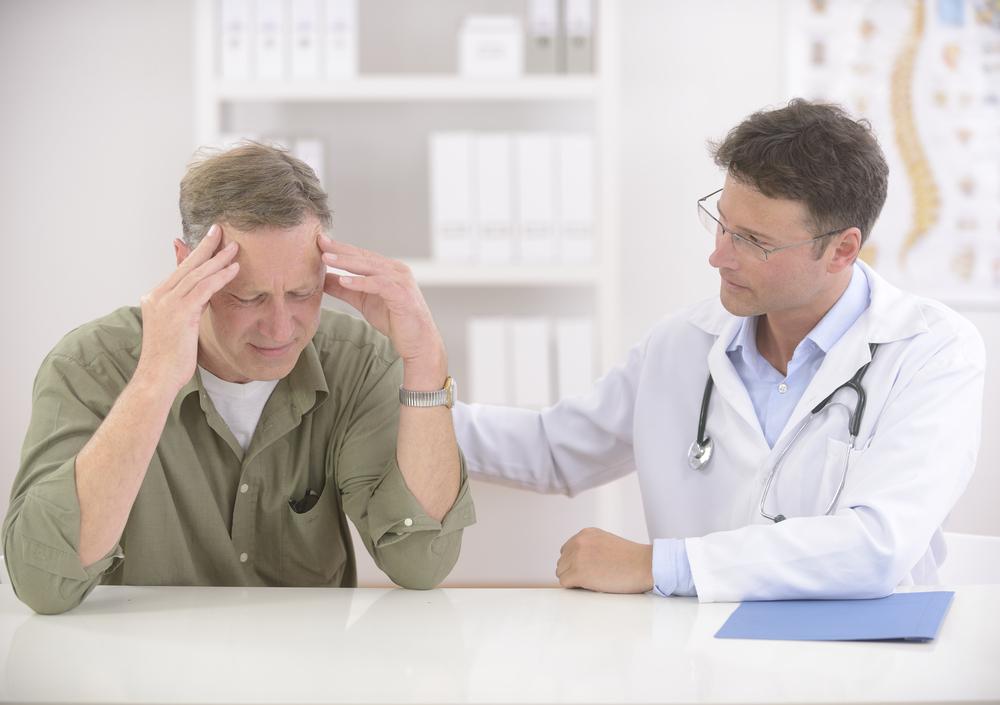
Signs and Symptoms of Hypertension
An estimated 75 million Americans are known to suffer from hypertension, which means that 1 in 3 adults has hypertension. Hypertension, or high blood pressure as it is commonly known, is a condition characterized by an increase in blood pressure due to a variety of factors. Blood pressure is the physical force exerted by the blood when it pushes against the walls of the arteries. High blood pressure indicates that the heart has to exert more pressure to pump blood to the different parts of the body.
Hypertension is the harbinger of other health issues, cardiovascular problems being the most lethal among these. People with hypertension are at high risk of a heart attack or a stroke. What makes this condition slightly formidable is that one-third of the people with hypertension aren’t aware that they suffer from this condition; it can have drastic consequences since this makes people more vulnerable to the ailments that hypertension brings about.
Hypertension is a chronic condition; there is no permanent treatment for the same. Certain lifestyle changes and learning to manage your stress can prove quite effective in controlling this condition. However, the signs and symptoms of hypertension aren’t very prominent, and you might fail to take notice of the same. So, here are some signs and symptoms that surface when you have hypertension.
Severe headaches
If you have been experiencing severe, excruciating headaches in stressful conditions or otherwise, chances are high that you have high blood pressure. People often mistake these headaches for stress headaches and tend to overlook it. A sudden spike in the blood pressure can trigger severe headaches.
Nosebleeds
Another prominent sign of hypertension is nosebleeds. People with hypertension might experience nosebleeds without sustaining any injury. If you experience frequent nosebleeds, it is advisable to check your blood pressure or consult a doctor right away.
Chest pain
Hypertension implies that the heart has to exert more pressure to pump blood to different parts of the blood. This pressure can cause severe pain in the chest. People with high blood pressure are no strangers to chest pain since elevated blood pressure triggers pain in the chest. In case you have frequent episodes of chest pain, it is advisable to check the blood pressure and take effective measures to control the same.
Fatigue
If you have been feeling drained off your energy or experiencing unexplained fatigue, chances are high that your blood pressure has elevated. One of the most evident symptoms of hypertension is feeling tired throughout the day; irrespective of the diet you follow or the amount of sleep you get, you might feel tired constantly throughout the day.
Vision changes
Hypertension can distort a person’s vision. High blood pressure can damage the vessels that carry blood to your retina, and this can cause serious issues like retinopathy, bleeding in the eyes, blurred vision, or in extreme cases, loss of vision.
Blood in urine
As mentioned earlier, hypertension is characterized by an increase in the pressure exerted by the blood as it flows through the arteries. This extreme force can damage the veins in the kidneys, which, in turn, causes blood to appear in the urine. Also, blood in urine is indicative of renal hypertension, which is hypertension caused due to kidney diseases.




